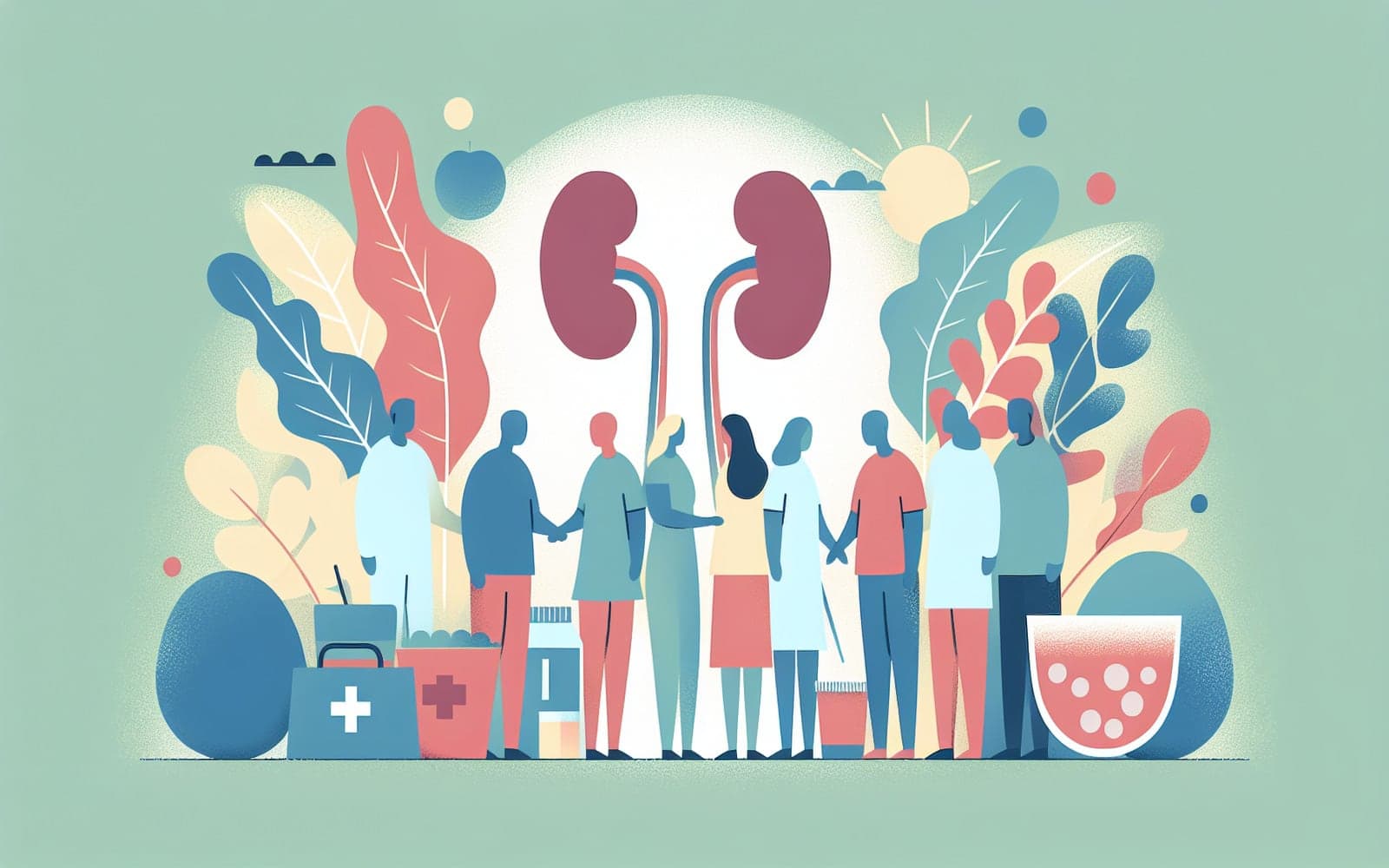Eat This, Not That: The Kidney Stone Prevention Diet
Published: Jun 23, 2024
Did you know that your diet plays a crucial role in kidney stone formation? This article explores the best and worst foods for kidney stone prevention.
Contents
Hydration is Key
The most important dietary factor in preventing kidney stones is staying hydrated. Aim for at least 2.5 liters of urine output daily. Water is best, but certain beverages like coffee, tea, and orange juice may also help reduce stone risk. Think of your kidneys as a filtration system - the more water flowing through, the less chance for stones to form.
Calcium: Friend or Foe?
Contrary to popular belief, a diet rich in calcium may actually help prevent kidney stones. Calcium from food sources binds to oxalate in the intestines, preventing its absorption. Aim for 1000-1200 mg of calcium daily from foods like dairy products, leafy greens, and fortified foods. However, calcium supplements may slightly increase stone risk if not taken with meals.

Watch Out for These Foods
Some foods can increase your risk of kidney stones. High-oxalate foods like spinach, rhubarb, and nuts should be limited. Excessive animal protein, sodium, and sugar can also promote stone formation. It's like adding ingredients to a recipe - too much of certain components can lead to unwanted results.
Frequently Asked Questions
Yes, it may help prevent stones by increasing citrate in urine.
Not necessarily, moderation and balance are key.
Yes, high-dose vitamin C supplements may increase risk.
Yes, high sodium intake can increase calcium in urine.
Key Takeaways
A balanced diet, rich in fruits, vegetables, and adequate calcium, along with plenty of fluids, is your best defense against kidney stones.
Ready to optimize your diet for kidney health? Chat with Doctronic about personalized nutrition strategies.Related Articles
References
Taylor EN, Fung TT, Curhan GC. DASH-style diet associates with reduced risk for kidney stones. J Am Soc Nephrol 2009; 20:2253.
Ferraro PM, Curhan GC, Sorensen MD, et al. Net endogenous acid production and risk of incident kidney stones. Clin J Am Soc Nephrol 2016; 11:1834.
Always discuss health information with your healthcare provider.

